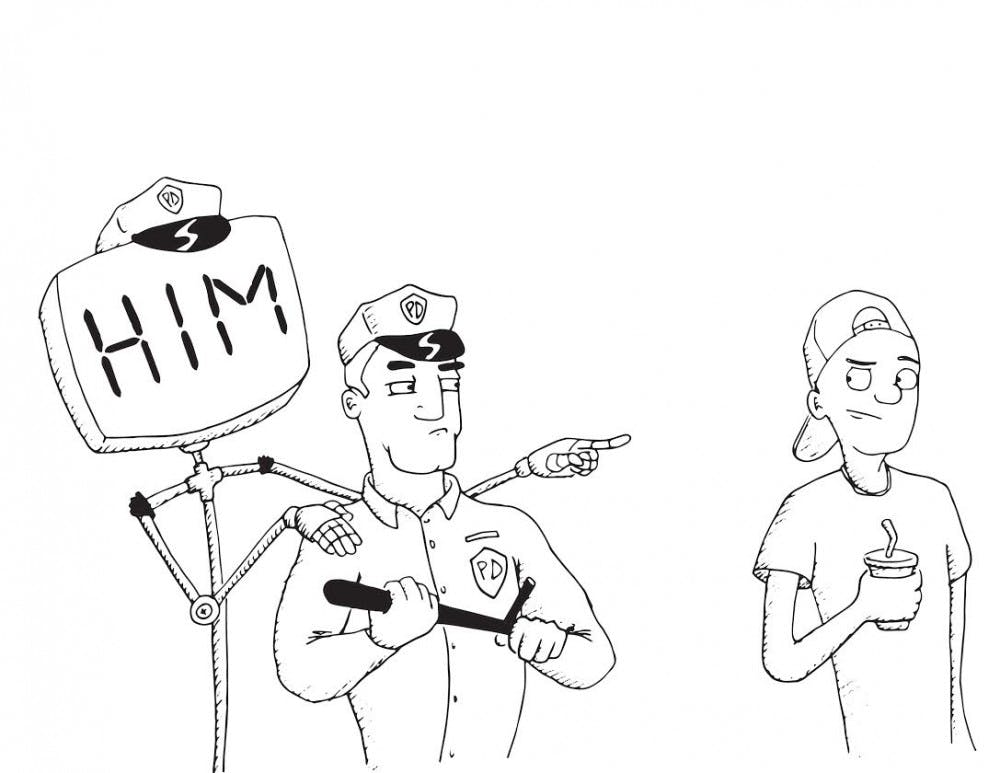Violent crime is an unfortunate fixture throughout American history. Although a variety of complex factors combine to result in each incident, a recent program aiming to prevent such crimes is being implemented in the greater Kansas City, Missouri area.
While this program — the Kansas City No Violence Alliance — is headed in an interesting and potentially beneficial direction, the Editorial Board is concerned this program blurs the line between good detective work and profiling.
According to a report by the New York Times, KC NoVA utilizes a strategy known as predictive policing. By combining elements of traditional policing with other data, such as information about relationships, social media use and drug abuse, the system can generate a list of prospects at a high risk of committing a violent crime.
The connections made by this program are then used aggressively by the police department to crack down on suggested offenders. The message this program sends to potential offenders is a clear threat to gangs and organized crime: police are determined to come after everyone in a target group for whatever offense they can pin on offenders.
This promise for intense policing sounds promising to many, but it is not without its concerns. Ezekiel Edwards, the director of the Criminal Law Reform Project of the American Civil Liberties Union, fears the worst for the program’s potential connections with racial profiling.
Members of minority groups disproportionately reside in poorer areas with a higher propensity for criminal activity, typically drawing heavier police involvement. Edwards told the New York Times he fears this tactic could lead to “guilt by association,” as residents of these neighborhoods could be detained based largely off of these grounds.
Our culture seems to take comfort in thinking we, as individuals, could never commit a violent or heinous crime. However, a bit of empathy can go a long way.
For example, it’s common for people to express their disbelief in a person’s ability to murder, but that is often said from the perspective of a person far removed from such violence. If a man living in a hostile territory sees his father shot and killed, his brother shot and killed and is shot himself but recovers, his reality has been forever altered. He might promise himself that the next time someone draws a gun on him, he will be the first to shoot.
Those of us separated from the sections of our country that resemble war zones have little to no knowledge of how people live in these environments day in and day out.
By and large the justice system is punitive in nature, and to a certain extent it should be. There needs to be a firm and consistent line drawn concerning what actions are tolerated and ones that are not.
However, these new interventions by preventative policing might not be the sort of assistance these specific communities are in need of.
Instead of implementing a way to punish connections and previous involvements with crime, let us consider a different approach geared more toward building new relationships and finding sources of empowerment to better the community as a whole.




